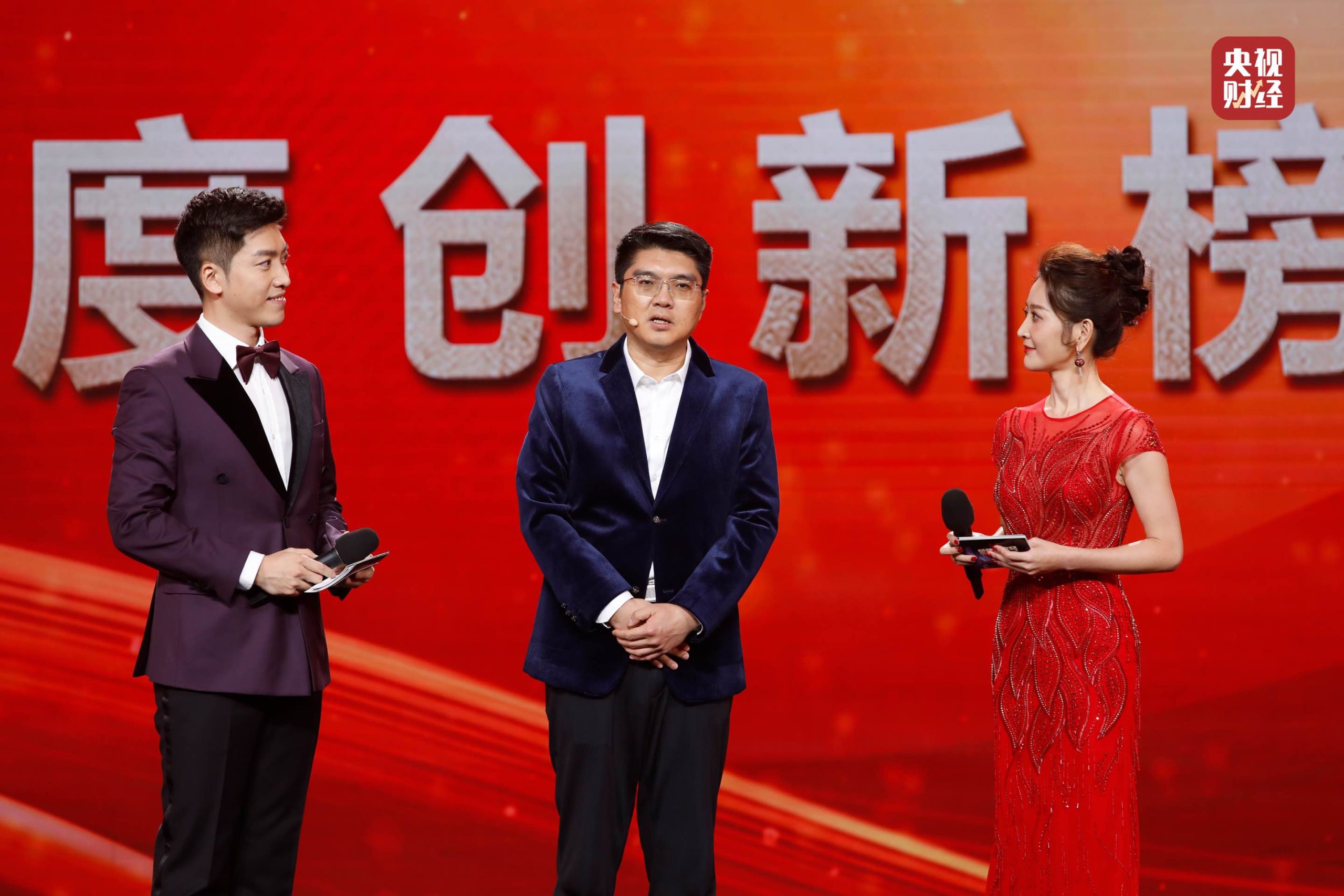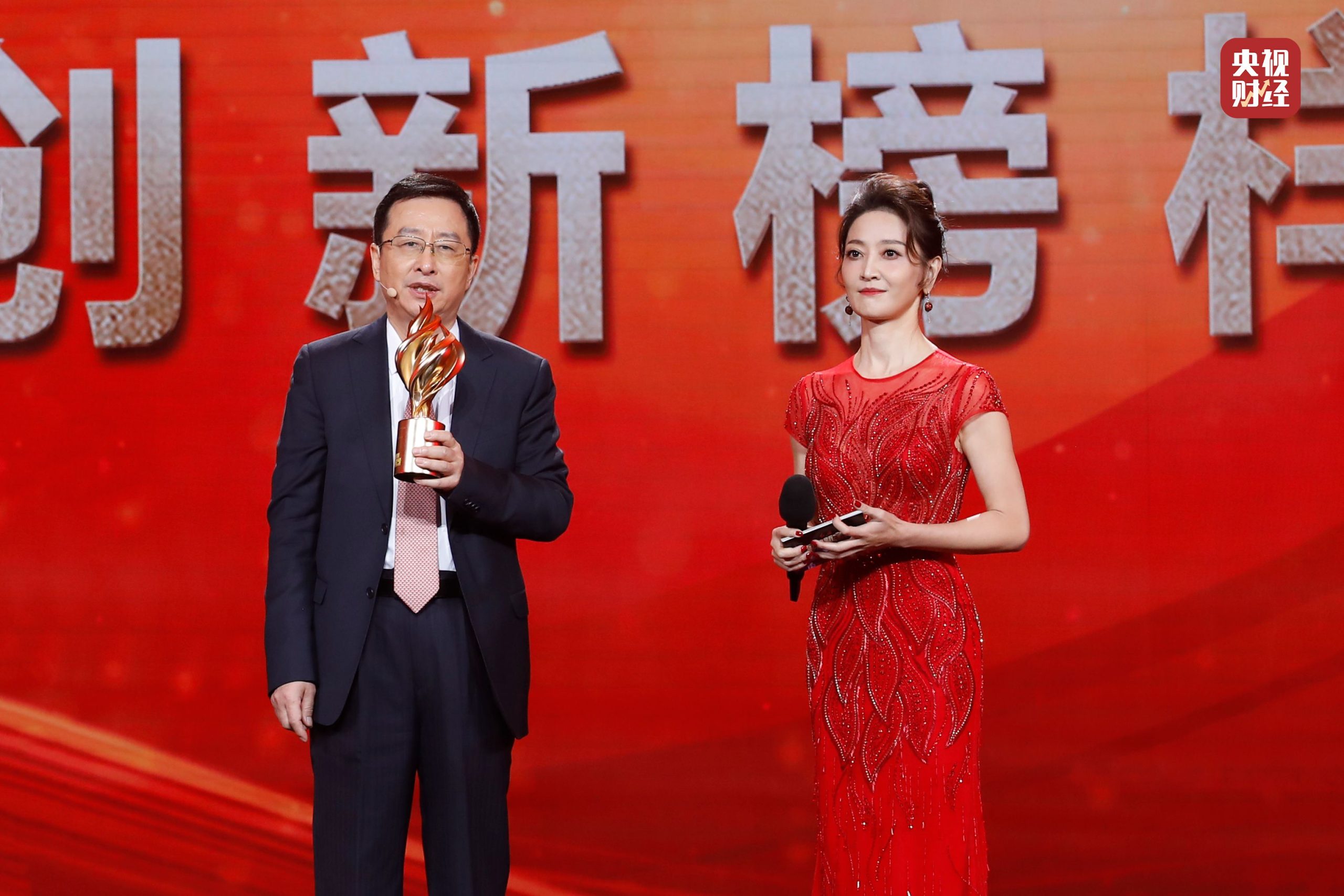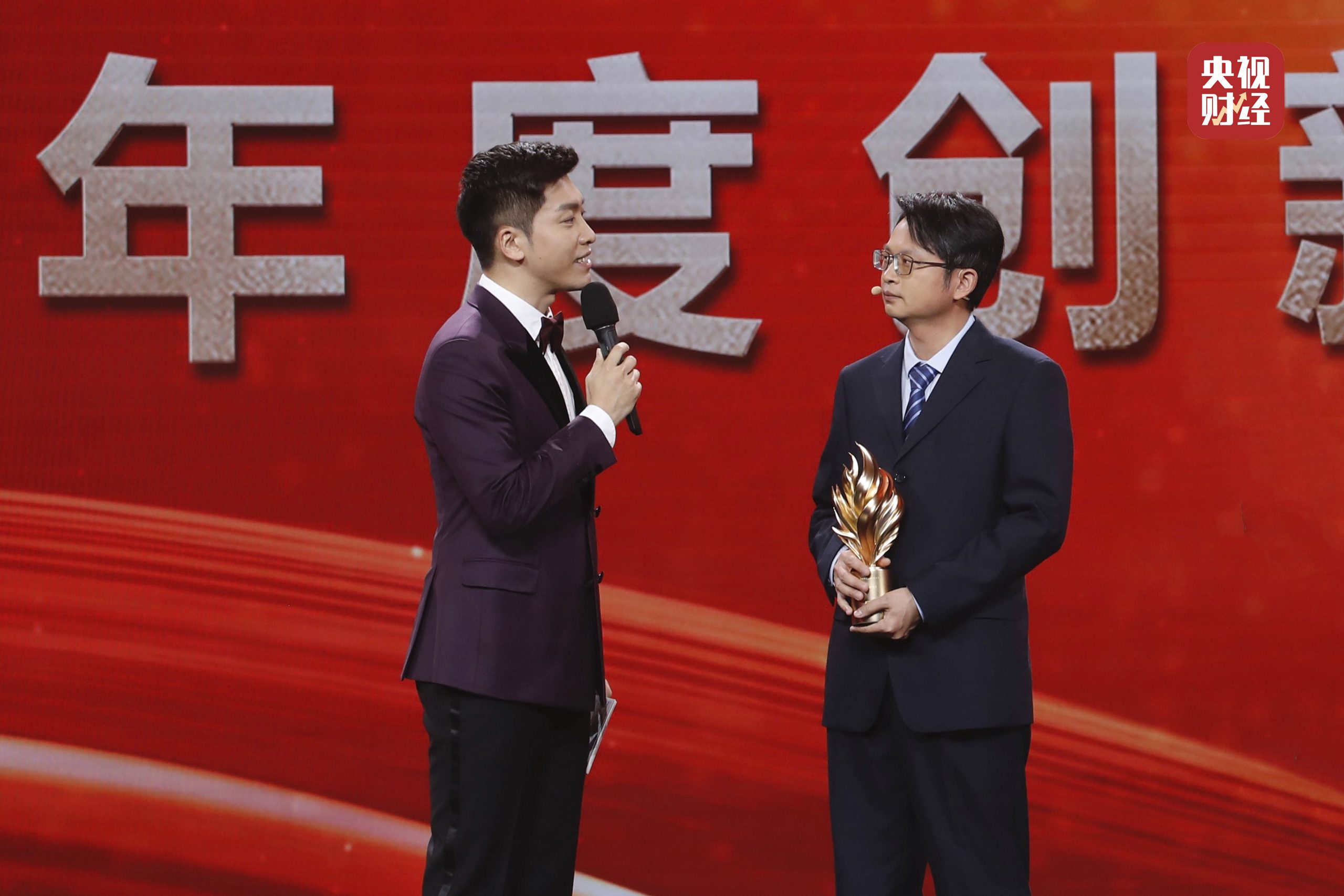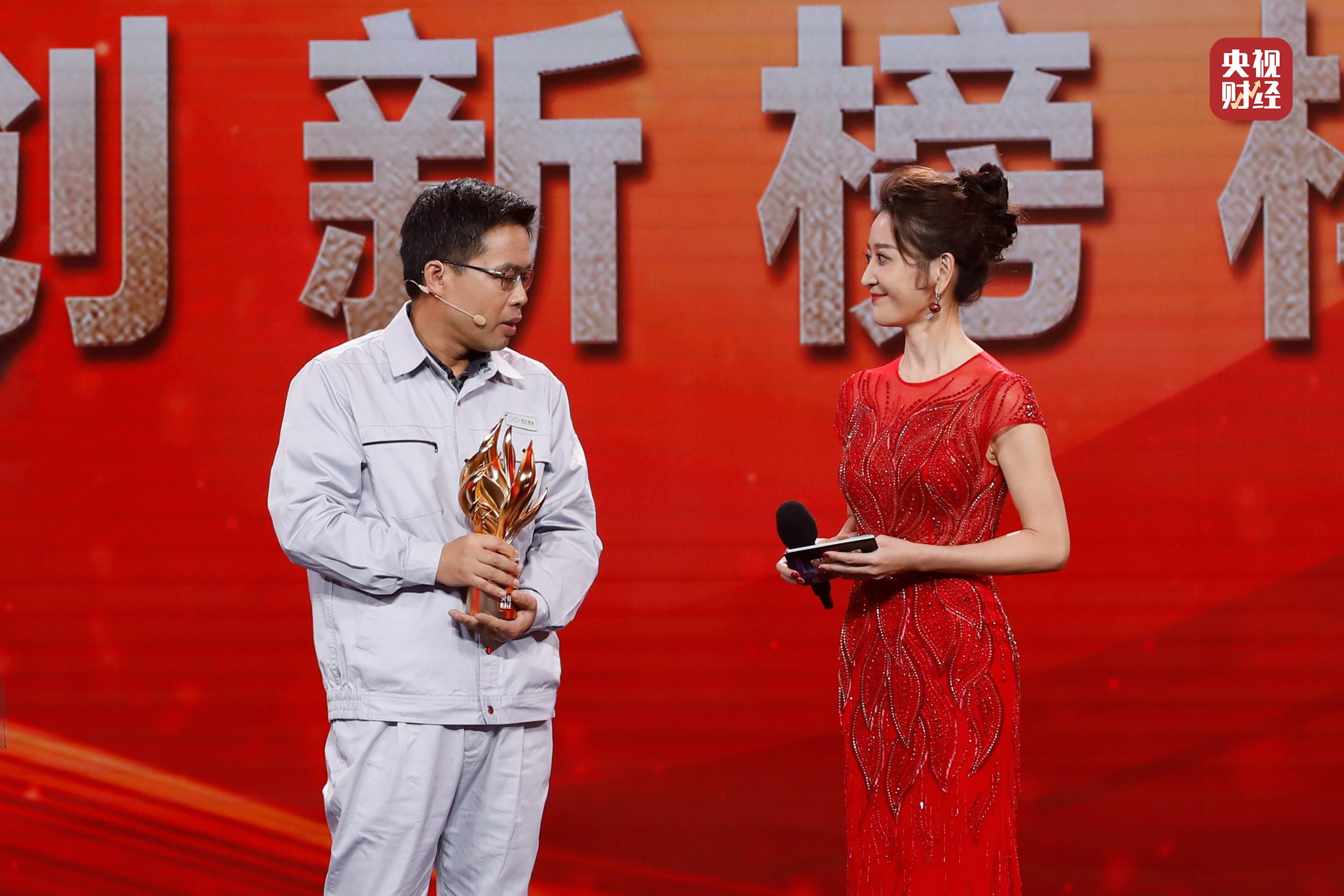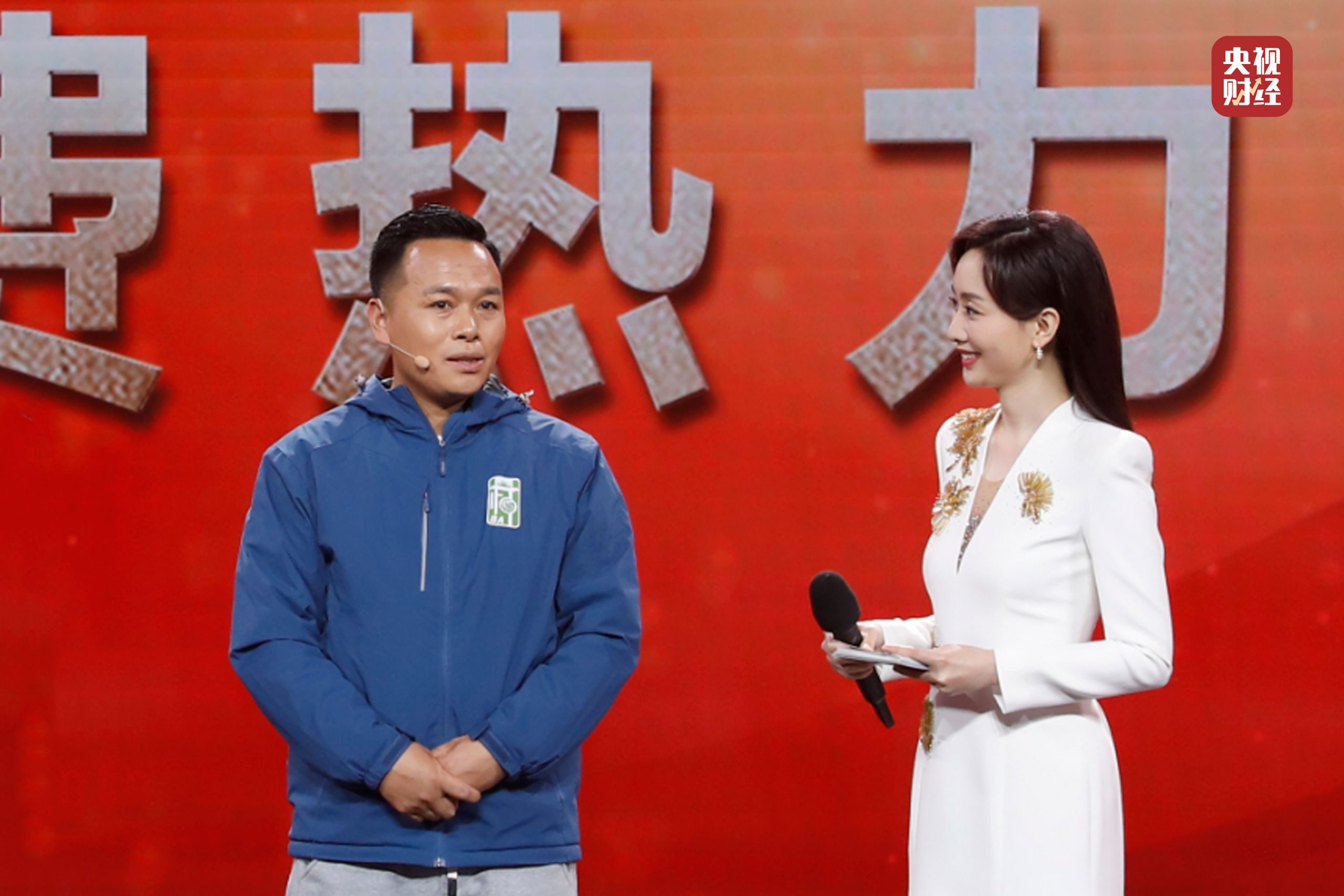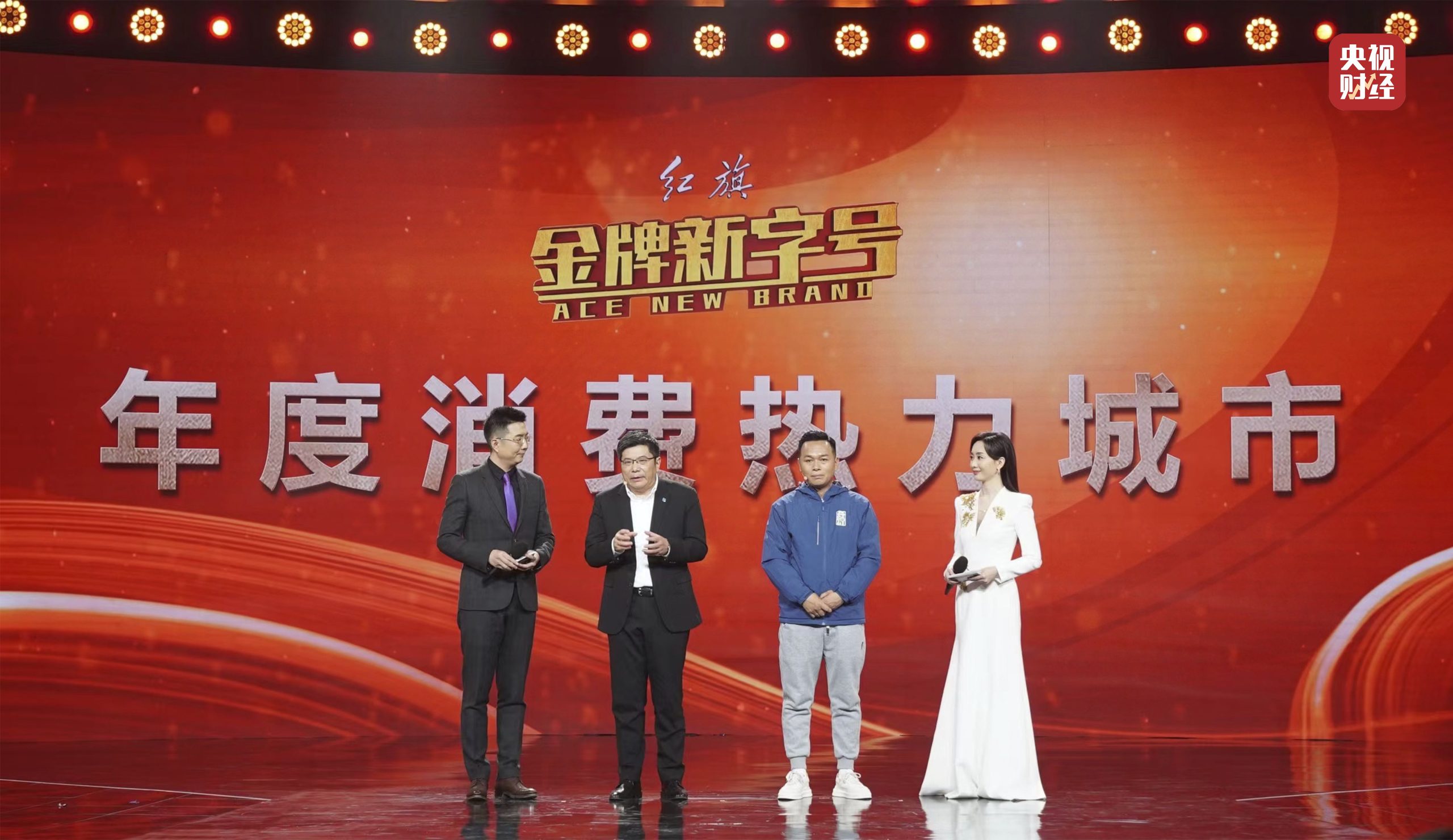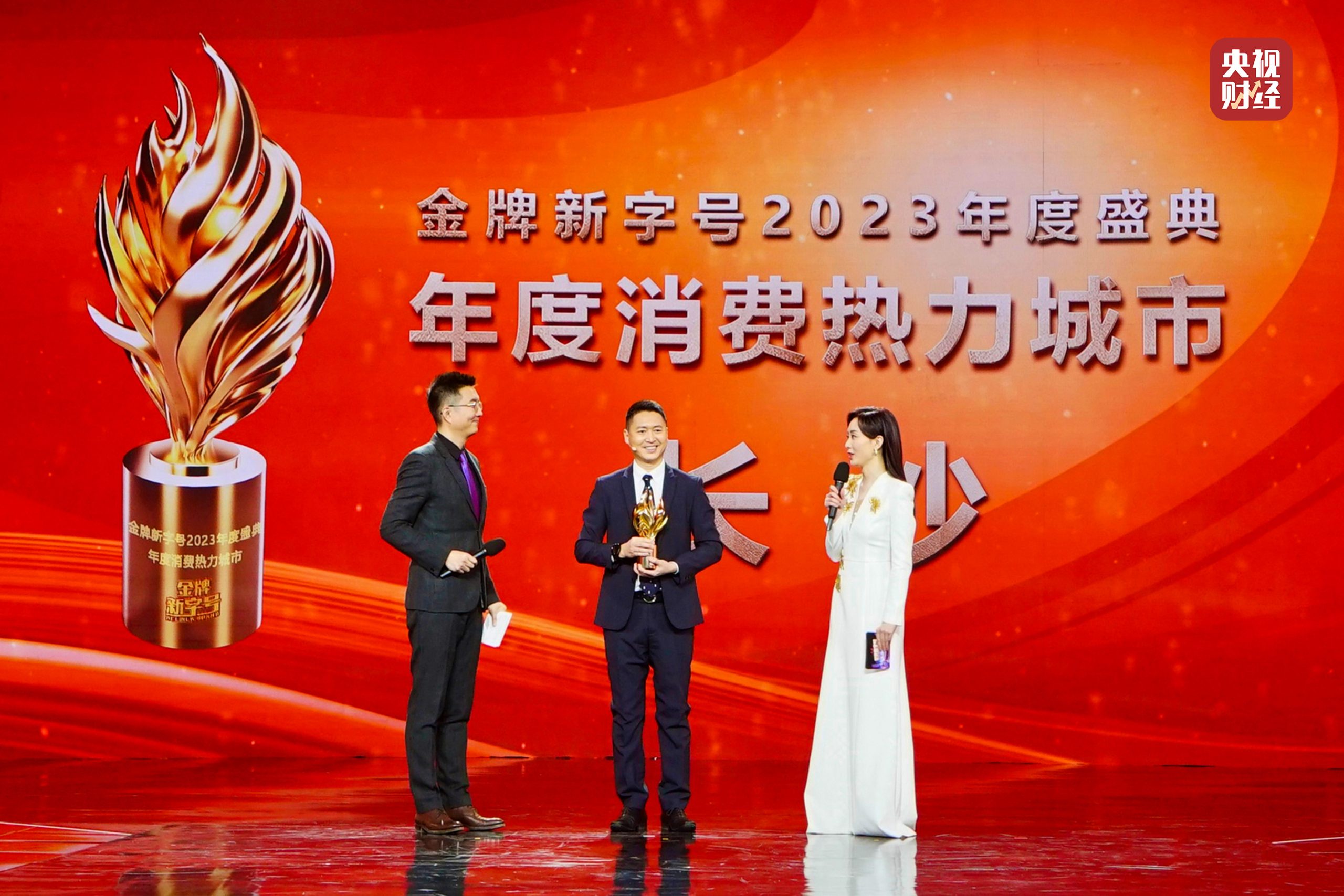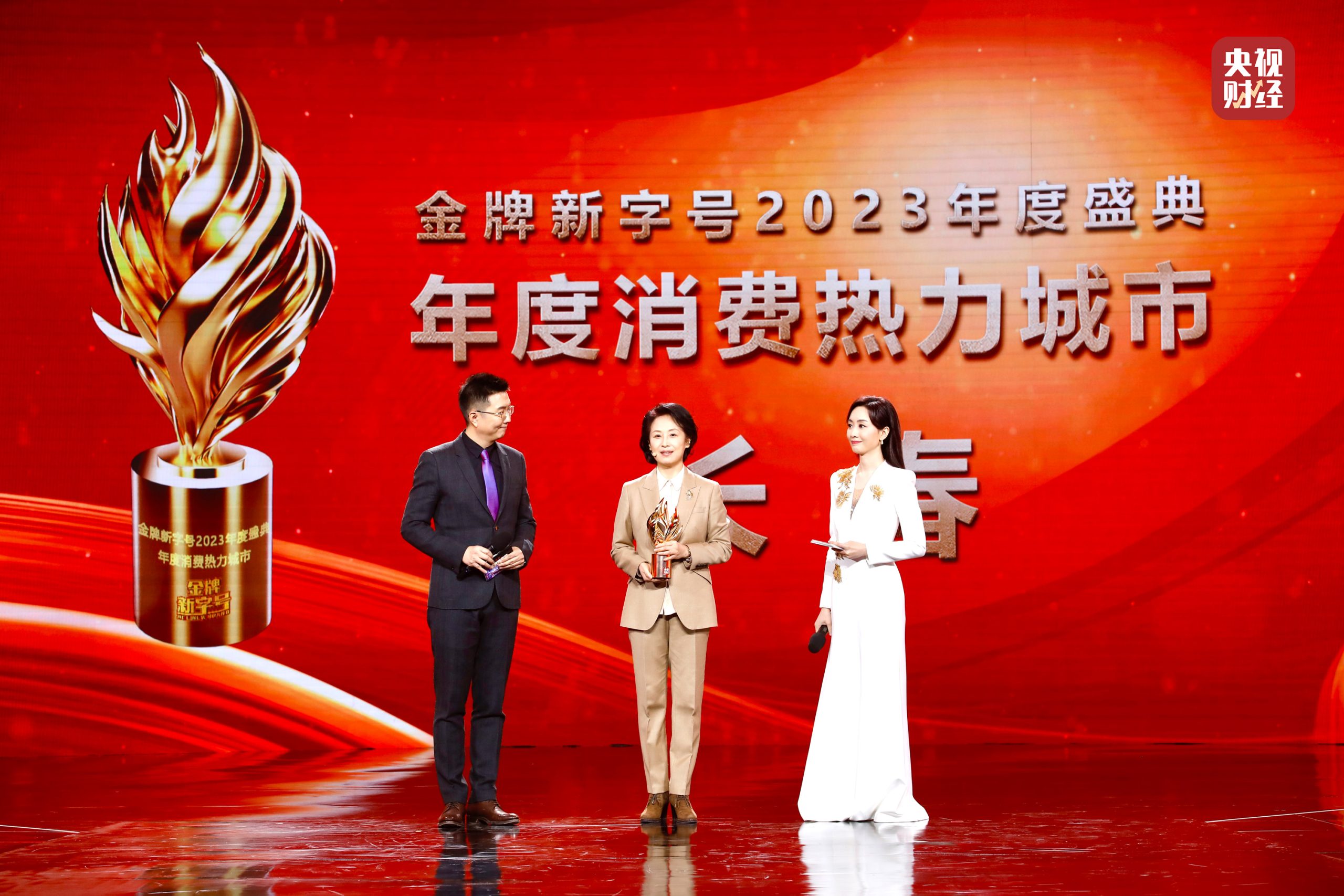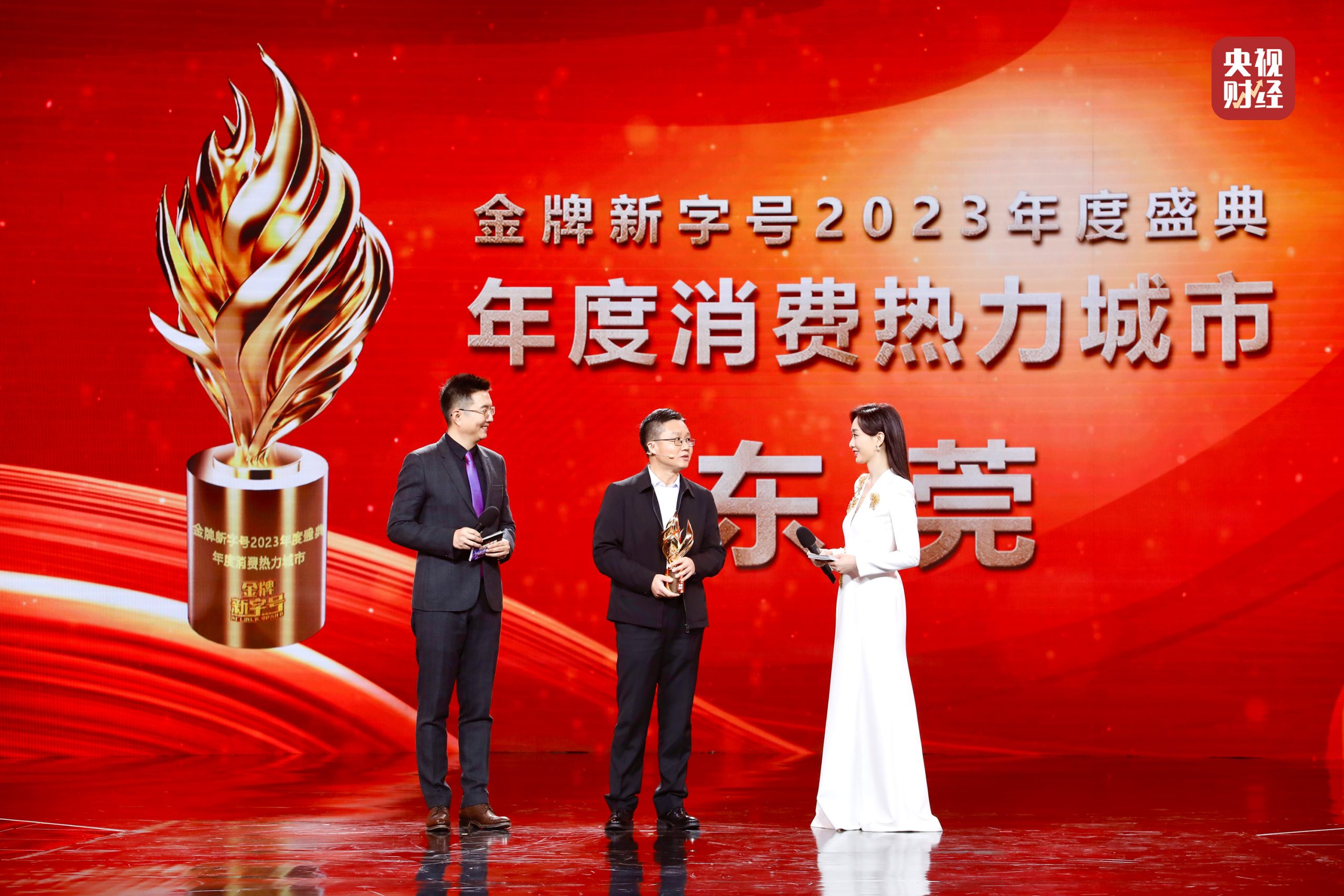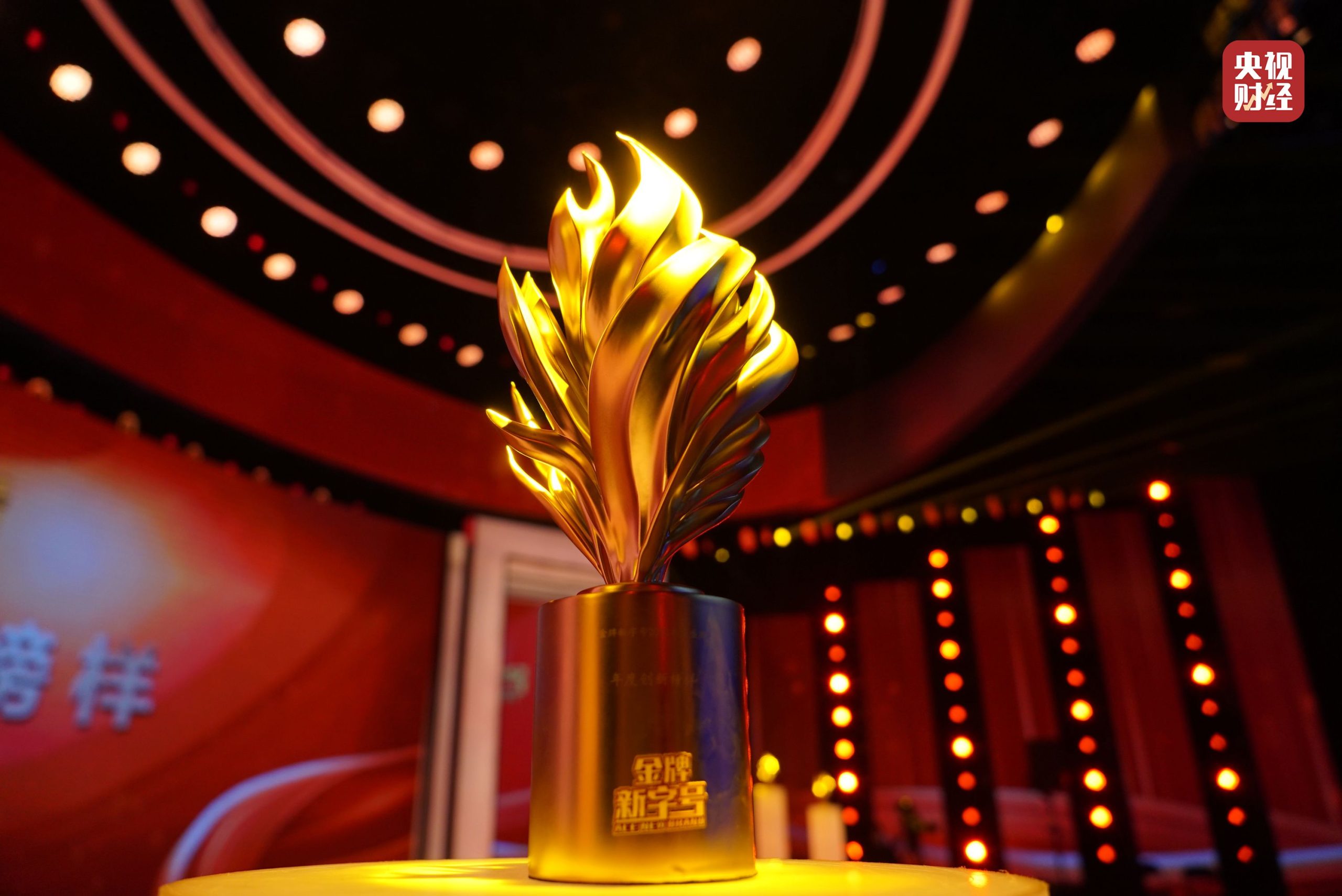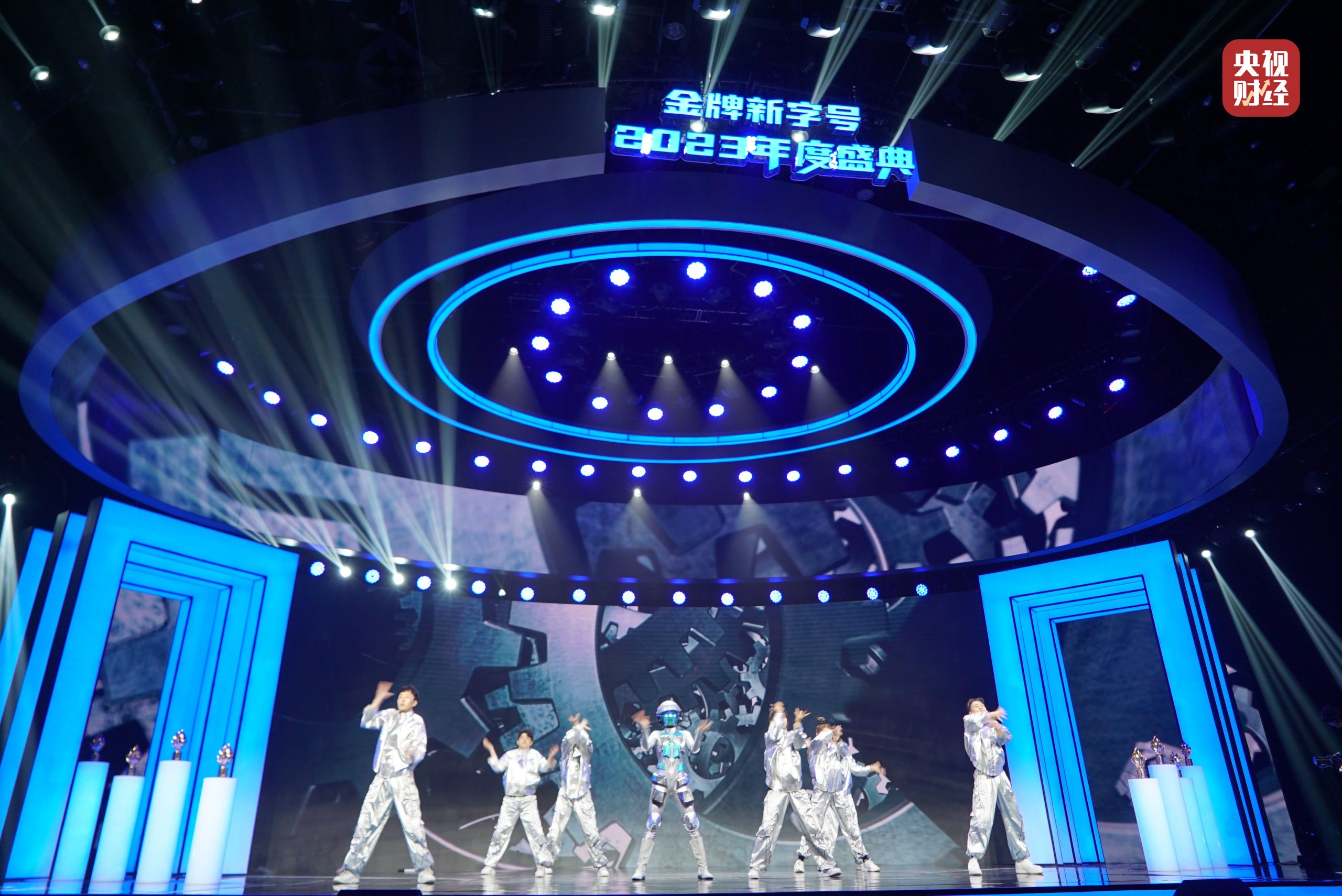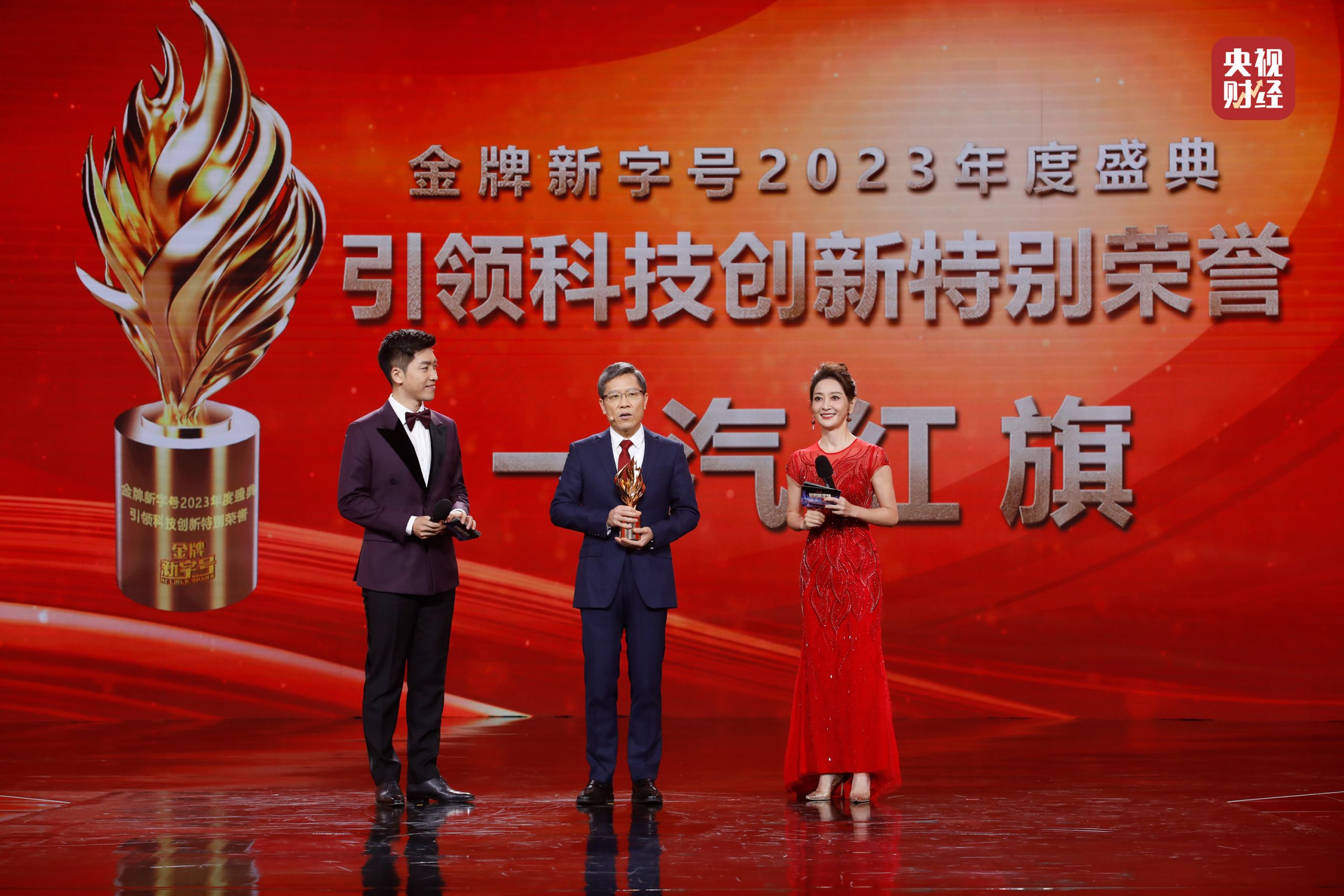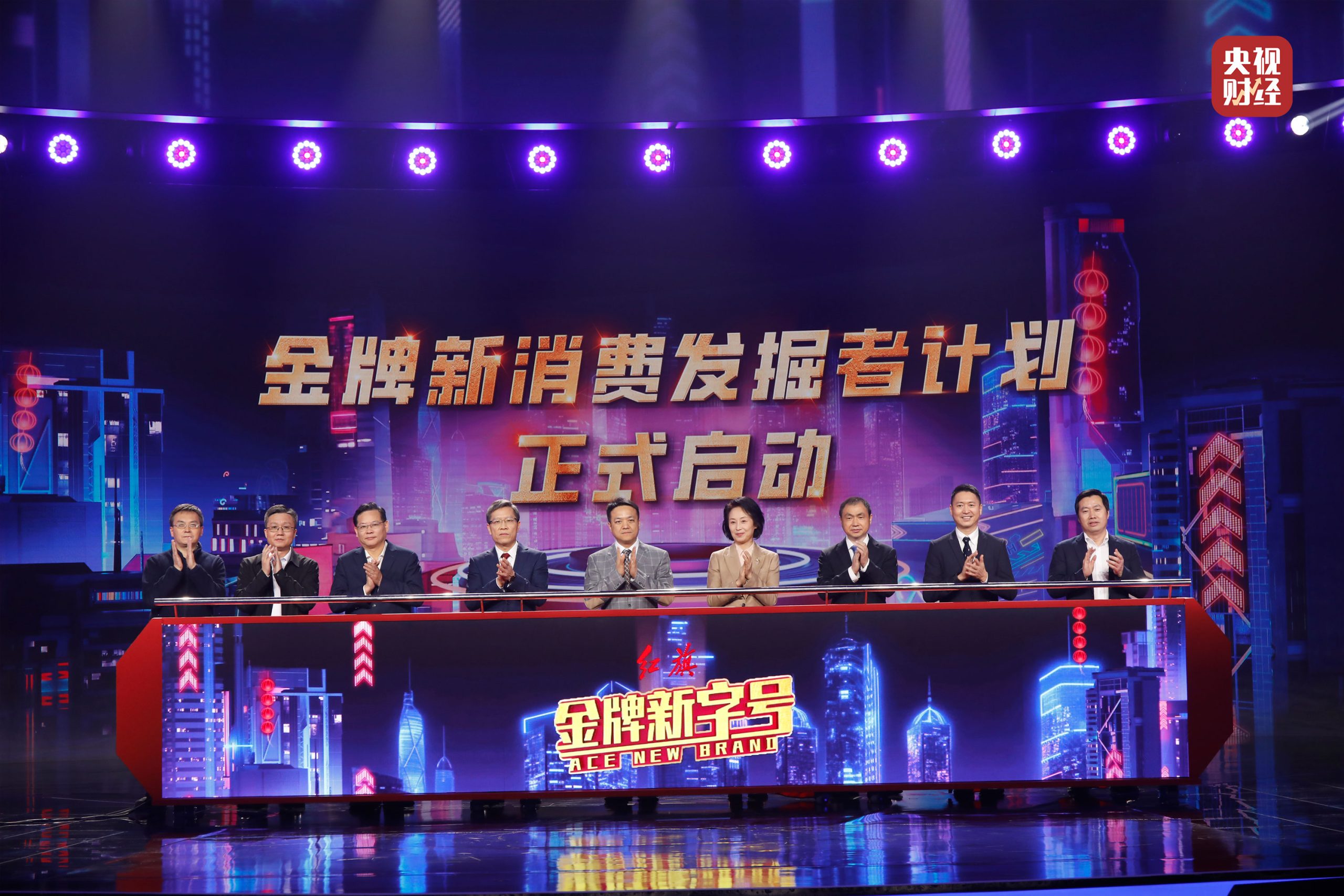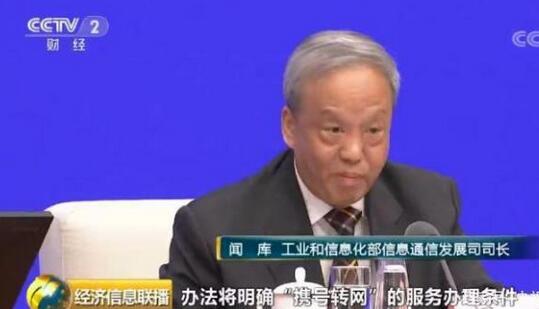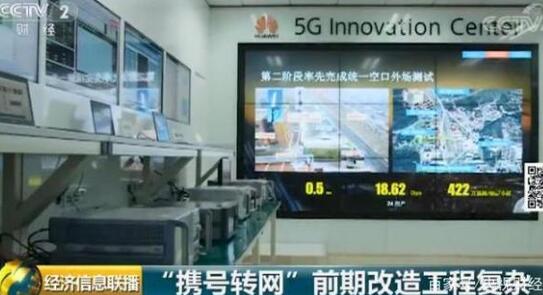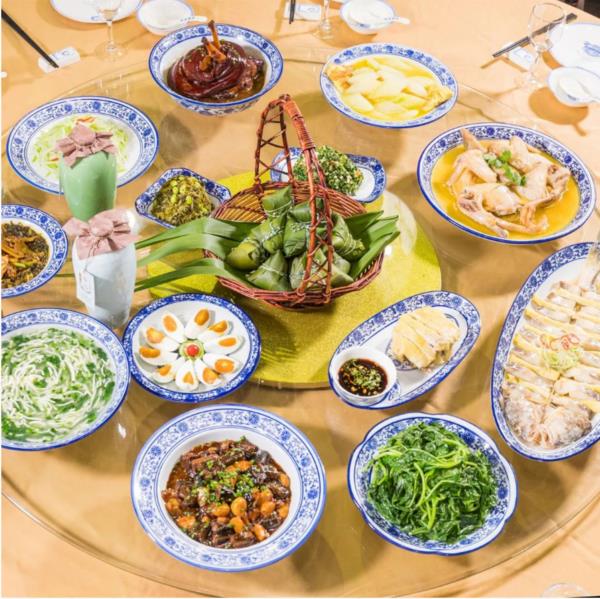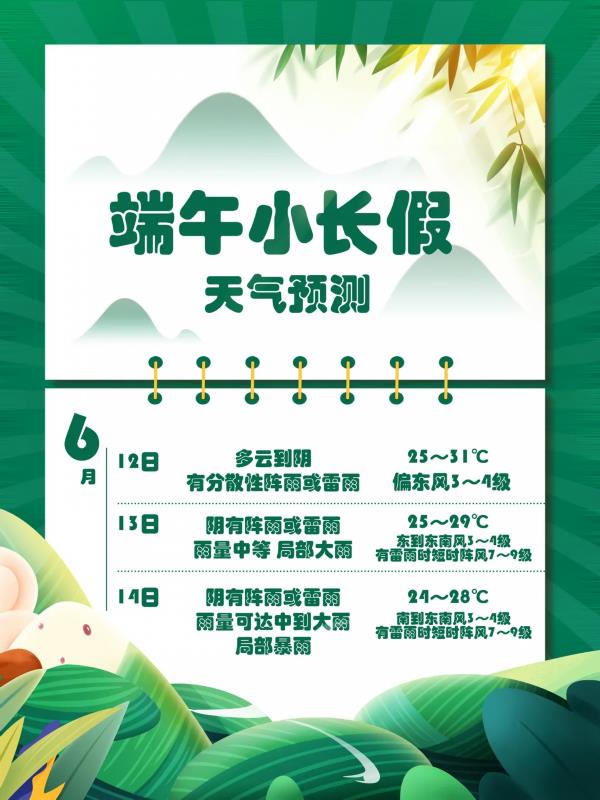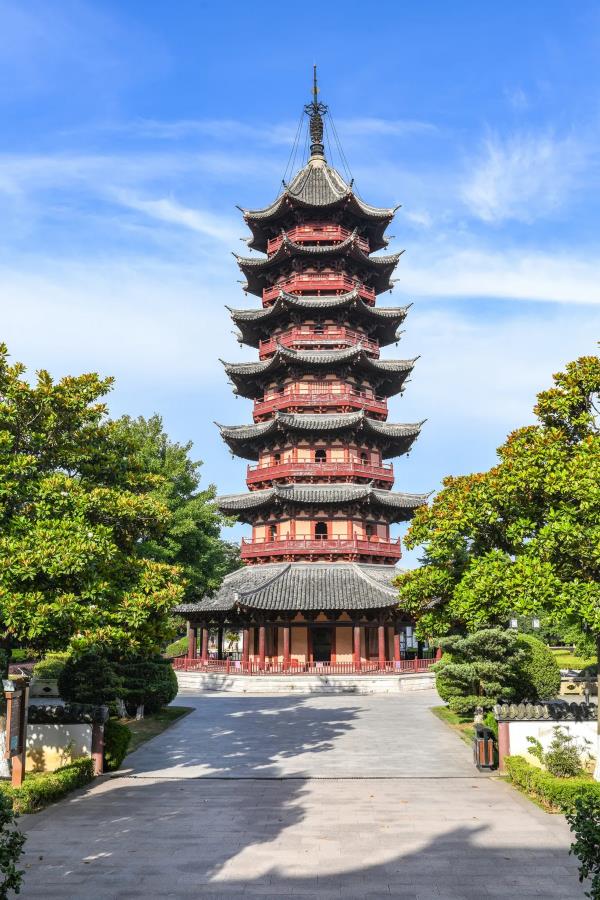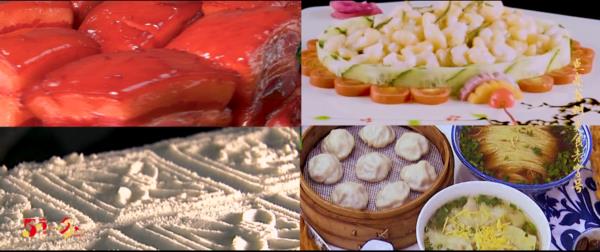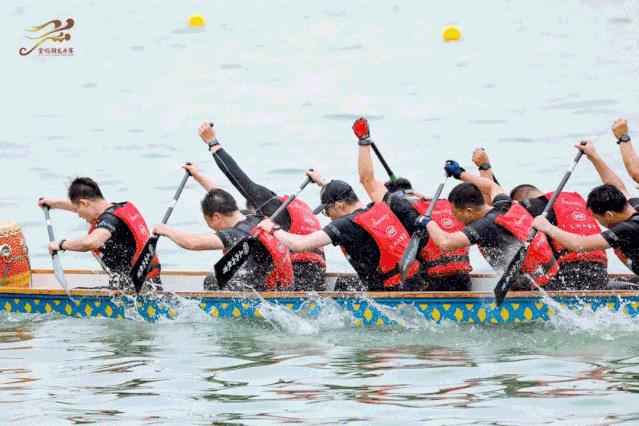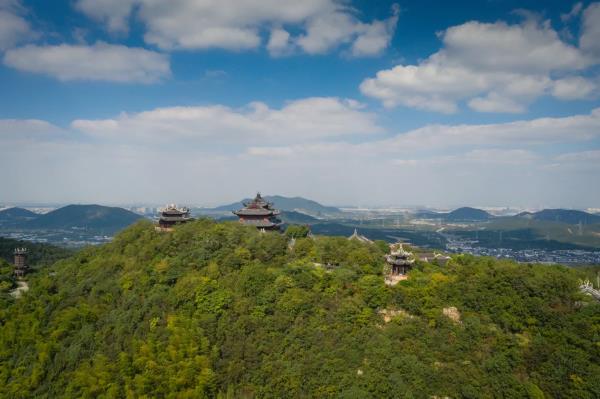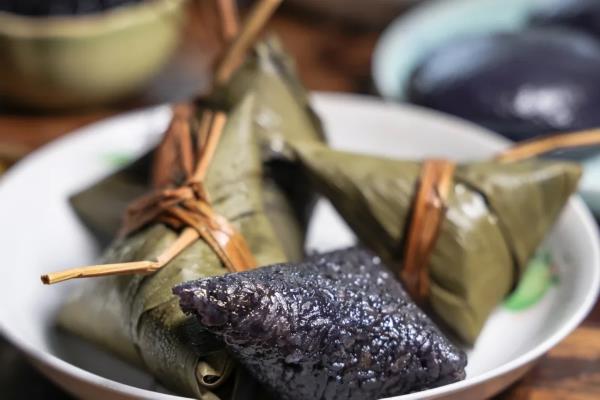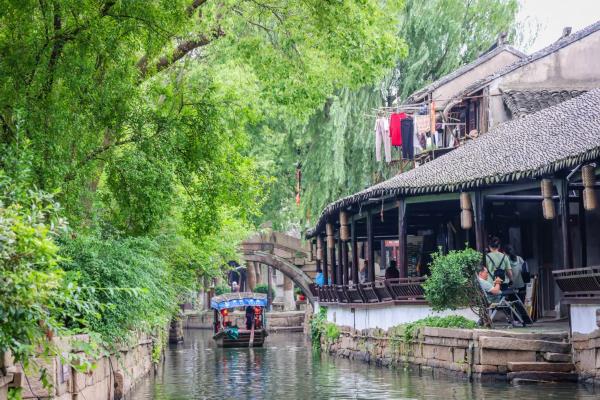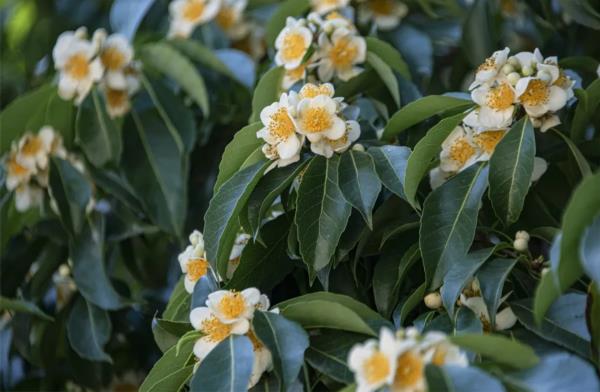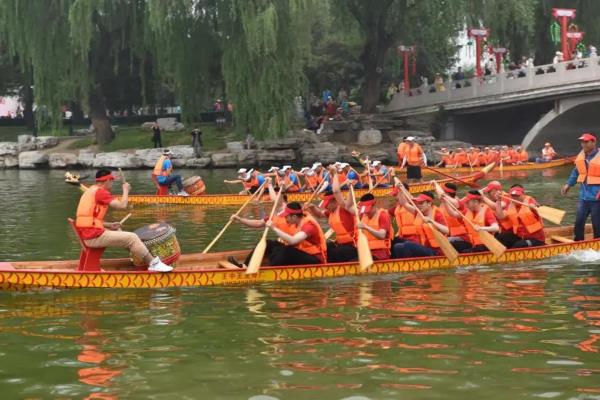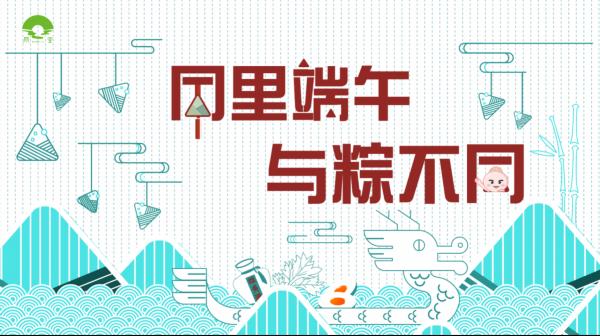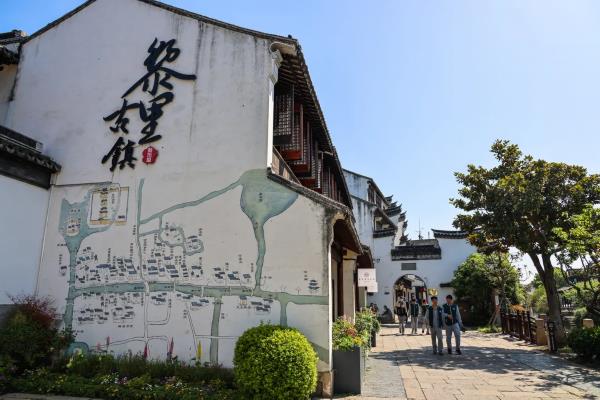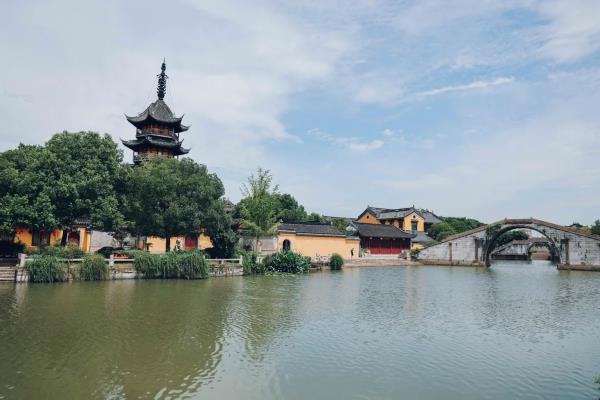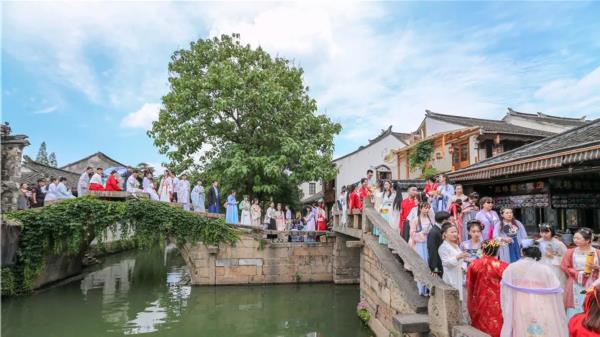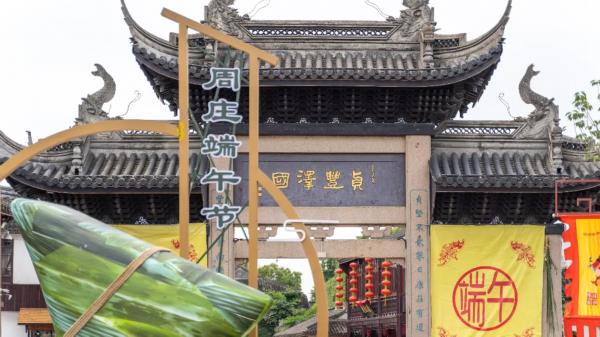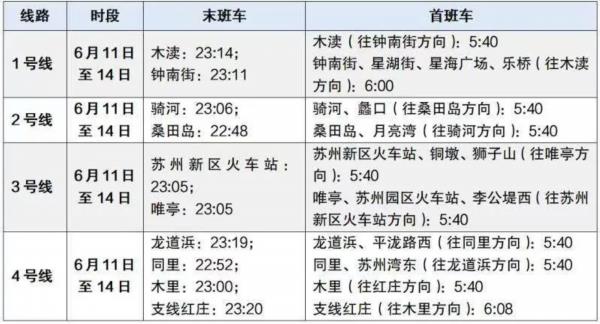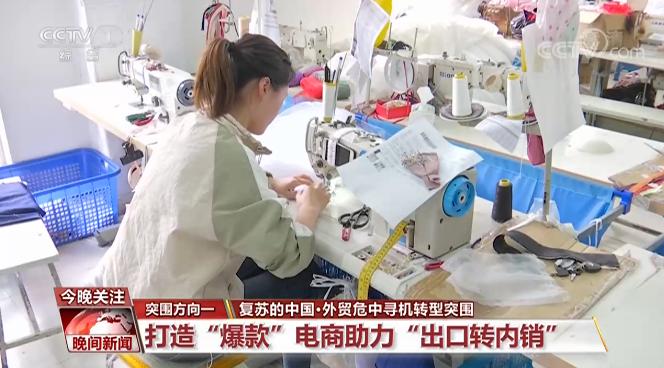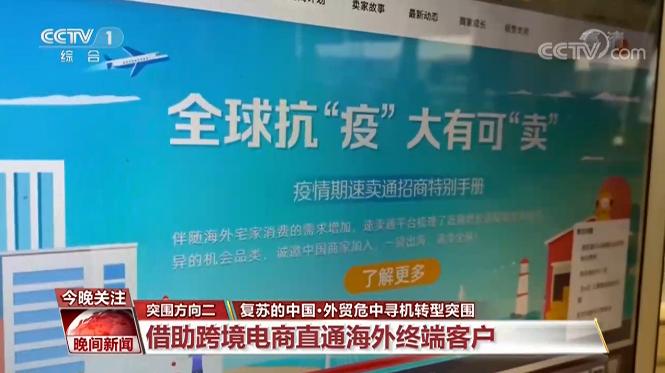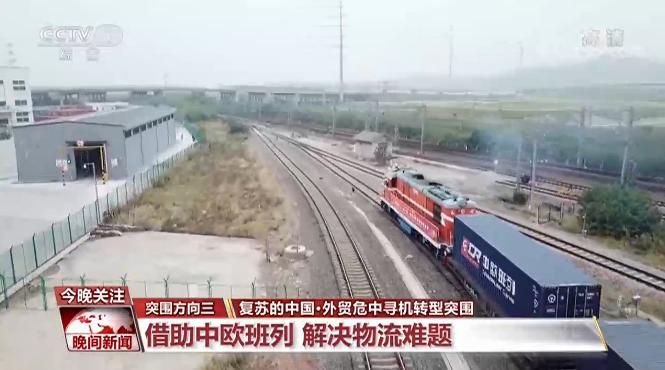On October 11th, Chongqing added 17 local confirmed cases and 27 local asymptomatic infected people.
Cctv news: October 11th 0— At 24: 00, there were 17 new confirmed cases in Chongqing, including 3 cases in Jiulongpo District, 2 cases in Nan ‘an District, 2 cases in Hechuan District and 1 case in Yongchuan District, all of which were found among the quarantine control personnel. One case in Liangping district was found in nucleic acid detection of key personnel; One case in Jiangbei District was found in regional nucleic acid detection. 2 cases in Banan district, 1 case was found in isolated control personnel and 1 case was found in nucleic acid detection of key personnel; There were 5 cases in Yubei District, 2 cases were found in isolation control personnel, 1 case was found in regional nucleic acid detection, and 2 cases were converted from asymptomatic infected persons to confirmed cases. There were 27 new cases of asymptomatic local infections, including 1 case in Qianjiang District, 1 case in jiangjin district and 1 case in Dianjiang County, all of which were found among the isolation control personnel. One case in Yongchuan district was found in nucleic acid detection of key personnel; One case in Shapingba District and one case in Nan ‘an District were found in regional nucleic acid detection. There were 3 cases in Banan district, 2 cases were found in isolation control personnel and 1 case was found in regional nucleic acid detection; Of the 18 cases in Yubei District, 16 cases were found in isolated control personnel, 1 case was found in nucleic acid detection of key personnel and 1 case was found in regional nucleic acid detection. 2 cases (1 case in Liangping District and 1 case in Changshou District) of asymptomatic local infection were released from medical observation.
As of 24: 00 on October 11, There are 140 confirmed cases in Chongqing (4 in Nan ‘an District, 2 in Fuling District, 9 in Banan District, 4 in Pengshui County, 4 in Wanzhou District, 13 in Shapingba District, 5 in Qijiang District, 3 in Nanchuan District, 1 in Bishan District, 1 in Rongchang District, 14 in Wushan County, 6 in Jiulongpo District, 5 in Hechuan District, 2 in Tongliang District and Xiushan District). Fengjie county 1 case, Tongnan 1 case, Youyang 1 case, Yunyang 2 cases, Kaizhou 2 cases, Chengkou 1 case, Wuxi 1 case, Yubei 19 cases, dadukou district 1 case, Jiangbei 2 cases), There are 146 local asymptomatic infections (7 cases in Shapingba District, 1 case in Changshou District, 1 case in Liangping District, 3 cases in Beibei District, 9 cases in Hechuan District, 1 case in Dazu District, 4 cases in Fengdu County, 10 cases in Xiushan County, 55 cases in Yubei District, 7 cases in Pengshui County, 3 cases in Yuzhong District, 5 cases in Nan ‘an District, 2 cases in Wushan County, 3 cases in Bishan District, 1 case in Tongnan District, etc.
October 11th 0— At 2400 hours, there were no newly imported confirmed cases and asymptomatic infected persons in Chongqing; 3 cases (Singapore 1 case, Spain 1 case, Laos 1 case) of asymptomatic infected persons imported from abroad were released from medical observation.
As of 24: 00 on October 11th, there were 12 confirmed cases imported from abroad (5 from Italy, 4 from Singapore, 1 from Hong Kong, China, 1 from Thailand and 1 from Laos) and 7 asymptomatic infected persons imported from abroad (2 from Italy, 3 from Singapore and 2 from Spain).
The basic situation of newly confirmed local cases and asymptomatic local infected people in Chongqing on October 11th is as follows:
I. Yubei District
15 confirmed cases in Yubei District are close contacts of 17 asymptomatic infected people in Yubei District. On October 11th, according to the laboratory examination results, imaging features and clinical symptoms, it was diagnosed as a confirmed case (light) in COVID-19 after consultation by the expert group.
There are 16 confirmed cases in Yubei District, which are isolation and control personnel in Yubei District. On October 11th, according to the laboratory examination results, imaging features and clinical symptoms, it was diagnosed as a confirmed case (light) in COVID-19 after consultation by the expert group.
There are 17 confirmed cases in Yubei District, which are regional nucleic acid testers in Yubei District. On October 11th, according to the laboratory examination results, imaging features and clinical symptoms, it was diagnosed as a confirmed case (light) in COVID-19 after consultation by the expert group.
There are 18 confirmed cases in Yubei District, which are 38 asymptomatic infected people reported in Yubei District on October 10th. On October 11th, due to the change of illness, it was diagnosed as a confirmed case (light) in COVID-19 after consultation by the expert group.
There are 19 confirmed cases in Yubei District, which are 42 asymptomatic infected people reported in Yubei District on October 10th. On October 11th, due to the change of illness, it was diagnosed as a confirmed case (light) in COVID-19 after consultation by the expert group.
44 asymptomatic infected people and 45 asymptomatic infected people in Yubei District are close contacts of 13 confirmed cases in Yubei District. On October 11th, according to the laboratory examination results, imaging features and clinical symptoms, they were all diagnosed as asymptomatic infected persons after consultation by the expert group.
46 asymptomatic infected people and 47 asymptomatic infected people in Yubei District are close contacts of 19 asymptomatic infected people in Yubei District. On October 11th, according to the laboratory examination results, imaging features and clinical symptoms, they were all diagnosed as asymptomatic infected persons after consultation by the expert group.
48 asymptomatic infected people in Yubei District are close contacts of confirmed case 1 in Yubei District. On October 11th, according to the laboratory examination results, imaging features and clinical symptoms, the patient was diagnosed as asymptomatic infection after consultation by the expert group.
49 asymptomatic infected people in Yubei District are close contacts of 40 asymptomatic infected people in Yubei District. On October 11th, according to the laboratory examination results, imaging features and clinical symptoms, the patient was diagnosed as asymptomatic infection after consultation by the expert group.
There are 50 asymptomatic infected persons, 51 asymptomatic infected persons, 52 asymptomatic infected persons, 53 asymptomatic infected persons, 54 asymptomatic infected persons, 55 asymptomatic infected persons, 56 asymptomatic infected persons, 57 asymptomatic infected persons and 58 asymptomatic infected persons in Yubei District. On October 11th, according to the laboratory examination results, imaging features and clinical symptoms, they were all diagnosed as asymptomatic infected persons after consultation by the expert group.
The asymptomatic infected person 59 in Yubei District is a close contact of the asymptomatic infected person 55 in Yubei District. On October 11th, according to the laboratory examination results, imaging features and clinical symptoms, the patient was diagnosed as asymptomatic infection after consultation by the expert group.
There are 60 asymptomatic infected people in Yubei District, which are key personnel in Yubei District. On October 11th, according to the laboratory examination results, imaging features and clinical symptoms, the patient was diagnosed as asymptomatic infection after consultation by the expert group.
61 asymptomatic infected people in Yubei District are regional nucleic acid testers in Yubei District. On October 11th, according to the laboratory examination results, imaging features and clinical symptoms, the patient was diagnosed as asymptomatic infection after consultation by the expert group.
Second, Banan District
Eight confirmed cases in Banan District were returned to Chongqing from key areas outside the city. On October 11th, according to the laboratory examination results, imaging features and clinical symptoms, it was diagnosed as a confirmed case (light) in COVID-19 after consultation by the expert group.
The 9 confirmed cases in Banan District are people with a history of exposure to epidemic sites in Yuzhong District. On October 11th, according to the laboratory examination results, imaging features and clinical symptoms, it was diagnosed as a confirmed case (light) in COVID-19 after consultation by the expert group.
Asymptomatic infected person 1 and asymptomatic infected person 2 in Banan District are close contacts of confirmed case 5 in Banan District. On October 11th, according to the laboratory examination results, imaging features and clinical symptoms, they were all diagnosed as asymptomatic infected persons after consultation by the expert group.
Asymptomatic infected person 3 in Banan District is a regional nucleic acid tester in Banan District. On October 11th, according to the laboratory examination results, imaging features and clinical symptoms, the patient was diagnosed as asymptomatic infection after consultation by the expert group.
Third, Jiulongpo District
The confirmed case 4 in Jiulongpo District is a close contact of the confirmed case 13 in Yubei District. On October 11th, according to the laboratory examination results, imaging features and clinical symptoms, it was diagnosed as a confirmed case (common type) in COVID-19 after consultation by an expert group.
Five confirmed cases in Jiulongpo District are close contacts of 13 confirmed cases in Yubei District. On October 11th, according to the laboratory examination results, imaging features and clinical symptoms, it was diagnosed as a confirmed case (light) in COVID-19 after consultation by the expert group.
There are 6 confirmed cases in Jiulongpo District, which are returnees from key areas outside the city. On October 11th, according to the laboratory examination results, imaging features and clinical symptoms, it was diagnosed as a confirmed case (light) in COVID-19 after consultation by the expert group.
Fourth, Nan ‘an District
The confirmed case 3 in Nan ‘an District is a close contact of 55 asymptomatic infected people in Yubei District. On October 11th, according to the laboratory examination results, imaging features and clinical symptoms, it was diagnosed as a confirmed case (light) in COVID-19 after consultation by the expert group.
The confirmed case 4 in Nan ‘an District is a close contact of the confirmed case 13 in Yubei District. On October 11th, according to the laboratory examination results, imaging features and clinical symptoms, it was diagnosed as a confirmed case (light) in COVID-19 after consultation by the expert group.
Asymptomatic infected person 5 in Nan ‘an District is a regional nucleic acid detector in Nan ‘an District. On October 11th, according to the laboratory examination results, imaging features and clinical symptoms, the patient was diagnosed as asymptomatic infection after consultation by the expert group.
V. Hechuan District
There are 4 confirmed cases and 5 confirmed cases in Hechuan District, all of whom are from key areas outside the city. On October 11th, according to the laboratory examination results, imaging features and clinical symptoms, they were all diagnosed as COVID-19 confirmed cases (light cases) after consultation by the expert group.
6. Yongchuan District
8 confirmed cases in Yongchuan District are close contacts of 7 confirmed cases in Yongchuan District. On October 11th, according to the laboratory examination results, imaging features and clinical symptoms, it was diagnosed as a confirmed case (light) in COVID-19 after consultation by the expert group.
No.3 asymptomatic infected person in Yongchuan District, who came to Chongqing in key areas outside the city. On October 11th, according to the laboratory examination results, imaging features and clinical symptoms, the patient was diagnosed as asymptomatic infection after consultation by the expert group.
VII. Qianjiang District
Asymptomatic infected person 4 in Qianjiang District is a closed-loop manager in Qianjiang District. On October 11th, according to the laboratory examination results, imaging features and clinical symptoms, the patient was diagnosed as asymptomatic infection after consultation by the expert group.
VIII. Jiangbei District
Confirmed case 2 in Jiangbei District is a regional nucleic acid detector in Jiangbei District. On October 11th, according to the laboratory examination results, imaging features and clinical symptoms, it was diagnosed as a confirmed case (light) in COVID-19 after consultation by the expert group.
IX. Shapingba District
No.8 asymptomatic infected person in Shapingba District is a regional nucleic acid tester in Shapingba District. On October 11th, according to the laboratory examination results, imaging features and clinical symptoms, the patient was diagnosed as asymptomatic infection after consultation by the expert group.
X. jiangjin district
Asymptomatic infected person 1 in jiangjin district is a close contact of confirmed case 5 in jiangjin district. On October 11th, according to the laboratory examination results, imaging features and clinical symptoms, the patient was diagnosed as asymptomatic infection after consultation by the expert group.
Xi. Liangping District
The 4 confirmed cases in Liangping District are from key areas outside the city. On October 11th, according to the laboratory examination results, imaging features and clinical symptoms, it was diagnosed as a confirmed case (light) in COVID-19 after consultation by the expert group.
Twelve, Dianjiang County
10 asymptomatic infected people in Dianjiang County are close contacts of confirmed case 1 in Dianjiang County. On October 11th, according to the laboratory examination results, imaging features and clinical symptoms, the patient was diagnosed as asymptomatic infection after consultation by the expert group.


